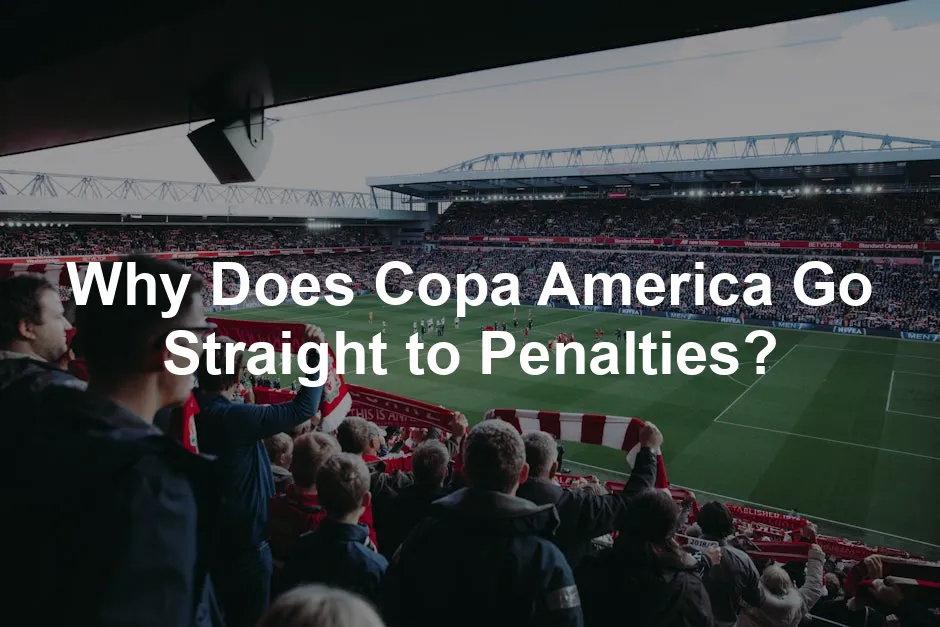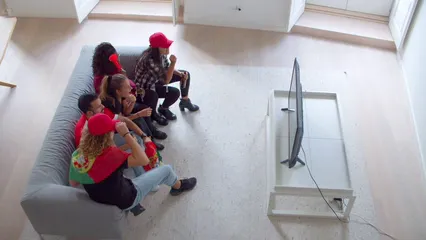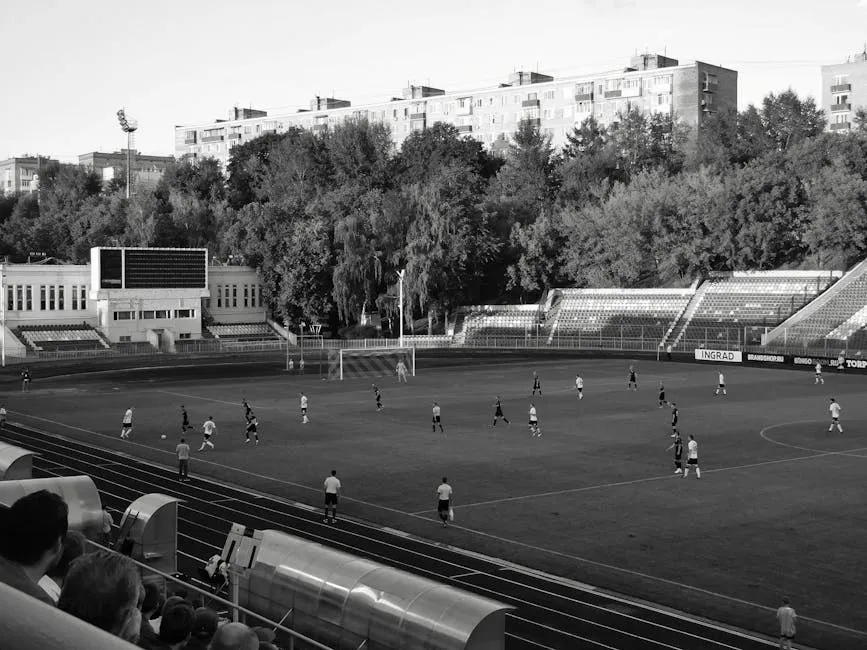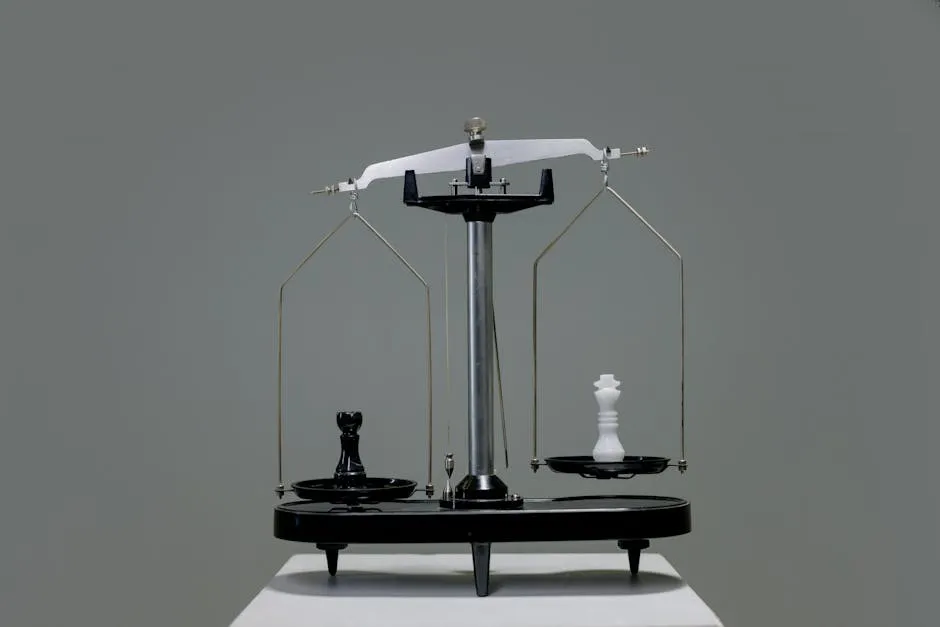
Why Does Copa America Go Straight to Penalties?
Introduction
Copa America is a prestigious tournament in international football. It showcases the best teams from South America. The knockout stages make the competition thrilling. However, one key difference is its approach to deciding match outcomes. Instead of using extra time, Copa America goes straight to penalties. Let’s explore why this format is in place.
To truly appreciate the excitement of Copa America, grab a copy of Copa America: The Complete History of South America’s Most Exciting Tournament. It’s a fantastic read that dives into the rich history and thrilling moments of this beloved event.
Summary and Overview
Copa America began in 1916, evolving into a major football event. Over the years, its format has changed significantly. The current knockout stage rules are straightforward. If a match ends in a tie, it goes directly to a penalty shootout. This format has implications for teams and players alike. The goal is to maintain excitement and reduce fatigue. This article will uncover the reasons for skipping extra time and opting for penalties.

To keep track of all those thrilling matches, consider a Sports Stopwatch Timer. This handy tool will help you keep track of every second during those edge-of-your-seat moments!
The Historical Context of Copa America
Evolution of Rules
Historically, Copa America used a variety of rules. In earlier editions, extra time was common. However, during the 2011 tournament, extra time was implemented for all knockout rounds. This decision led to mixed reactions. Fans and players found it exhausting. By 2015, the tournament returned to the current format. Extra time was removed for all knockout matches, except the final. This change aims to keep the tournament fast-paced and engaging.
If you want to dive deeper into the mechanics of football, check out Football Tactics Board. It’s perfect for coaches and fans who want to understand the beautiful game even better!

Reasons for Skipping Extra Time
Player Fatigue and Workload Management
Player fatigue is a major concern in modern football. With grueling schedules, athletes often juggle club commitments and international duties. Many players participate in over 50 matches a year. This constant strain can lead to injuries and burnout.
Statistics show that teams face a higher risk of injuries when players are overworked. For example, a study found that players who appeared in 40 or more matches were 25% more likely to sustain injuries. By skipping extra time, Copa America aims to protect players and maintain their performance levels throughout the tournament.

To help athletes recover and prevent injuries, consider investing in a Sports Massage Gun. It’s a game changer for muscle recovery and getting back on the field faster!
Maintaining Game Quality
Extra time can compromise the quality of play. Tired players are more prone to mistakes, leading to a less exciting spectacle. For instance, in the 2011 Copa America, several matches featured lackluster performances during extra time. Teams struggled to maintain intensity, resulting in unmemorable football.
By moving straight to penalties, Copa America preserves the energy of players for future matches. This approach keeps the competition thrilling and ensures that the best players shine when it matters most.

The Format of Copa America Knockout Stages
Detailed Breakdown of Knockout Rules
In Copa America, the knockout stage rules are straightforward. If a match is tied after 90 minutes, it goes directly to penalties. This rule applies to quarter-finals, semi-finals, and third-place matches. The final, however, allows for an extra 30 minutes of play if needed.
This format contrasts with tournaments like the UEFA European Championship. In the Euros, extra time is standard in knockout rounds. Copa America’s approach focuses on excitement and efficiency, reflecting the unique spirit of South American football.
Role of the Final Match
The final match in Copa America has unique rules. If teams are tied after 90 minutes, they play extra time. This 30-minute period consists of two 15-minute halves. It’s a chance for teams to settle their score without immediately resorting to penalties. This distinction adds pressure and excitement to the championship game.
In high-stakes matches, every moment counts. Extra time can change the momentum and create dramatic moments. It allows players to showcase their skills when it matters most. This difference highlights the importance of the final, making it a true spectacle for fans.

Perspectives and Critiques
Opinions from Players and Coaches
Players and coaches have mixed feelings about the penalty shootout format. Some find it thrilling, while others question its fairness. For instance, legendary goalkeeper Claudio Taffarel stated, “Penalties are a lottery, but they create unforgettable moments.” His view emphasizes the excitement, especially in tight matches.
Conversely, coach Diego Simeone expressed concern. He remarked, “Football should be decided by play, not by a shootout.” This highlights the ongoing debate over whether penalties truly reflect a team’s skill. The contrasting views keep the conversation alive among fans and experts alike.

Fan Reactions
Fan reactions to skipping extra time are varied. Many enjoy the direct transition to penalties, feeling it adds excitement. A notable instance occurred during the 2024 quarter-finals. Ecuador faced Argentina, and when Ecuador equalized, fans erupted with joy, anticipating the shootout.
However, some fans feel robbed of extra drama. They argue that extra time can build tension and showcase players’ endurance. The differing opinions illustrate how passionate fans are about this format change. Overall, the choice to skip extra time remains a hot topic among supporters and analysts.

Comparative Analysis with Other Tournaments
Copa America vs. UEFA Euro
Copa America and UEFA Euro both showcase elite football. However, they differ in knockout rules. Copa America goes straight to penalties if matches end in a tie. In contrast, UEFA Euro allows for extra time. This key difference affects how teams strategize during matches.
Historically, Copa America has favored this direct approach. It aims to keep the excitement high, reflecting the vibrant spirit of South American football. The Euros, with their tradition of extra time, offer a different kind of tension and drama. Fans often debate which format is more appealing. Each tournament’s method resonates with its unique football culture.

For those who want to sharpen their skills, a Soccer Training Equipment Set is a must-have. It includes everything you need to practice your skills and take your game to the next level!
Global Perspectives on Penalty Shootouts
Penalty shootouts evoke varied emotions worldwide. Different nations have distinct views on this method for deciding matches. In countries like Brazil and Argentina, penalties are seen as a thrilling climax. Fans often embrace the tension and unpredictability of shootouts.
Statistics show that penalty shootout success rates can fluctuate widely. For instance, teams with strong goalkeepers often perform better. Recent data indicates that top keepers save around 20% of penalties faced. This adds a layer of strategy to the shootout process.
In contrast, some nations criticize penalties as a less fair resolution. They argue that it reduces the significance of the match’s overall play. Yet, the reality is that shootouts have become a staple of knockout football. Understanding these global perspectives helps illuminate the ongoing discussions surrounding this contentious topic.

Conclusion
Copa America’s decision to skip extra time in knockout rounds is significant. It prioritizes player health and game quality. By going straight to penalties, the tournament maintains excitement and urgency. This format impacts team strategies, as squads now focus on holding leads rather than risking fatigue. As future tournaments approach, this decision will likely influence how teams prepare and perform.
What do you think about this approach? Do you believe penalties capture the essence of the game? Share your thoughts in the comments!
The Copa America format has been a topic of discussion among fans and experts, especially regarding the decision to skip extra time. For more information on why the Copa America final was delayed, check out this article: why is the copa america final delayed.
To cheer on your favorite team, don’t forget to grab some Soccer Fan Merchandise (Team Jerseys). Show your pride and support while enjoying the matches!
What happens if a Copa America match is tied after 90 minutes?
Matches go straight to penalties, except for the final.
Why was extra time removed from Copa America knockout rounds?
To reduce player fatigue and maintain the quality of matches.
How does the Copa America penalty shootout process work?
The shootout follows IFAB/FIFA regulations after regular time ends.
What are the historical rules regarding extra time in Copa America?
Extra time was used in some editions, notably in 2011, but was eliminated in subsequent tournaments.
Are there any advantages to skipping extra time?
Yes, it helps preserve player stamina and can lead to more exciting penalty shootouts.
How does the Copa America format compare to other international tournaments?
Copa America has unique rules compared to tournaments like the UEFA Euro, which often use extra time.
What impact does this format have on team strategies?
Teams may adopt more defensive strategies, focusing on holding leads rather than risking fatigue in extra time.
Please let us know what you think about our content by leaving a comment down below!
Thank you for reading till here 🙂
All images from Pexels




